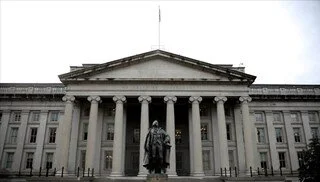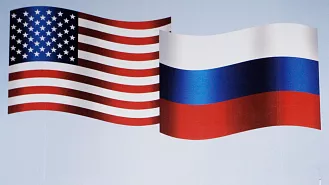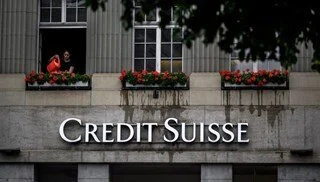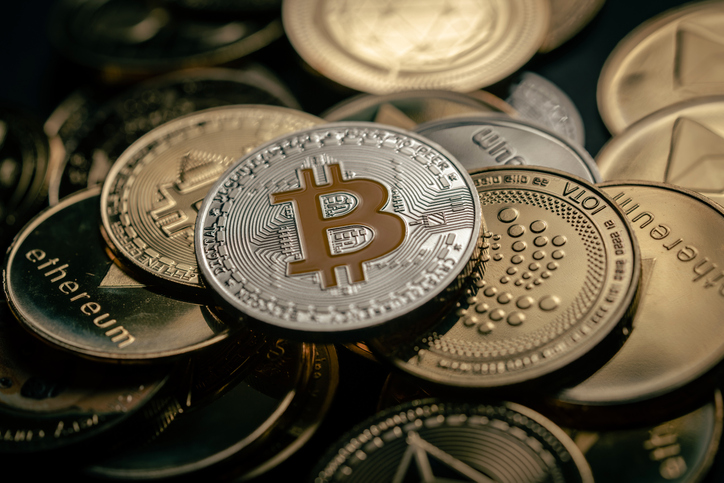The U.S. Department of the Treasury has issued a statement regarding its ongoing concerns about currency manipulation in global markets. The statement, which was released following recent assessments of several major economies, highlights the U.S. Treasury’s commitment to maintaining fair and transparent exchange rates while ensuring that foreign governments do not artificially manipulate their currencies to gain a trade advantage.
In the latest report, the Treasury Department expressed particular concern about certain countries’ policies that have led to significant imbalances in currency values. It pointed to specific instances where foreign governments have actively intervened in the currency markets to artificially suppress the value of their currencies, thereby making their exports more competitive and undermining fair trade practices.
The U.S. Treasury emphasized that currency manipulation distorts international trade and can have far-reaching economic consequences. “Such practices can lead to trade imbalances, harm the competitiveness of U.S. industries, and destabilize global markets,” the statement read. As part of its approach to addressing these issues, the Treasury has vowed to continue working with international partners, particularly through the G20 and the International Monetary Fund (IMF), to advocate for better transparency and fairness in currency markets.
The Treasury’s latest remarks come amid heightened tensions over global trade relations, particularly with China, Japan, and several European countries. While the U.S. has previously accused China of currency manipulation, the current statement broadens the scope to include other nations that have been suspected of similar practices. The U.S. government maintains that currency manipulation is not only a violation of international trade agreements but also an unfair advantage that puts U.S. businesses at a disadvantage in global markets.
In response to the report, officials from the countries mentioned have denied engaging in any manipulation of their currencies. They argue that their monetary policies are in line with domestic economic needs and global financial stability goals. However, the U.S. Treasury remains vigilant and continues to closely monitor foreign exchange markets for signs of unfair currency practices.
The statement has sparked debate among economists and policymakers, with some supporting the Treasury’s stance, while others warn that such accusations could escalate tensions and potentially lead to retaliatory trade actions. As the situation evolves, the Treasury’s next steps will be closely watched, as they may have significant implications for global trade and currency policies in the coming months.




